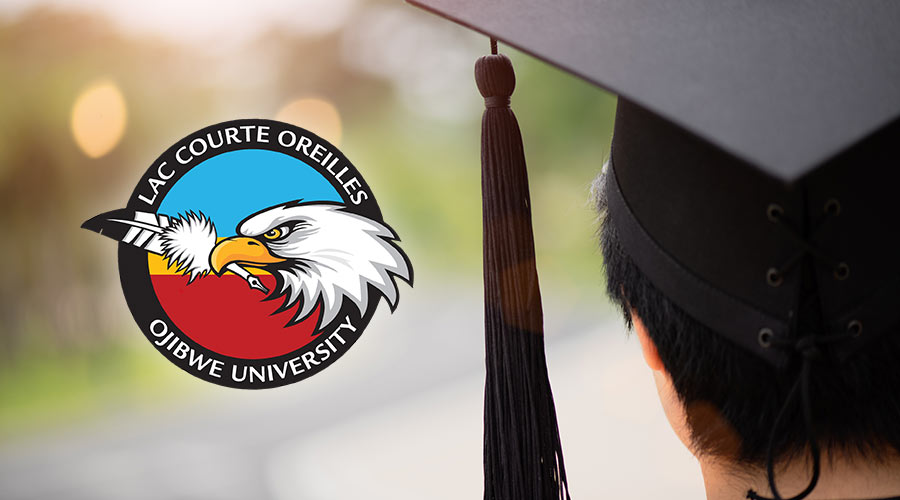For most students, a post-secondary degree equips them with essential skills to be successful in their careers. However, for many, a hard-earned degree is coupled with crippling student loan debt. Student loan debt remains disproportionately high for students from underrepresented and underserved communities across the U.S. In fact, just four years after graduation, Black students owe an average of 188% more in student loans than white students.
Recognizing this issue, Student Freedom Initiative (SFI) offers solutions to help students attending Historically Black Colleges and Universities (HBCUs) and other Minority Serving Institutions (MSIs). Recently, SFI expanded to serve Tribal Colleges and Universities (TCUs). Native American students attending participating schools now have the opportunity to utilize SFI’s resources to further their growth and relieve the burden of student loan debt.
About TCUs and Their Importance
According to a study by the National Center for Education Statistics, around 28% of Native American and Alaska Native students (between the ages of 18 and 24 years old) are enrolled in college – the lowest college enrollment rate of any racial group. One barrier Native American students face is the fact that many live in rural areas, making it difficult to access transportation to and from school. Additionally, many live in broadband deserts, where reliable internet cannot always be accessed to even apply to colleges or do school work. Many Native American students and their families lack the funds to attend college, especially with the rapidly increasing cost of tuition.
TCUs were established to foster an inclusive environment for Native American students and alleviate many of these problems. TCUs are public institutions of higher education that are run by federally recognized Native American tribes or the U.S. federal government. As of 2022, there are 35 fully accredited TCUs in the U.S., predominantly located in the Midwest and Southwest. As of 2020, about 80% of the enrollment at TCUs were Native American students.
TCUs empower students using their own culture, languages and traditions while guiding future career paths. Approximately 30-40% of the teaching body are also Native Americans from local communities. This representation encourages a sense of belonging within the institution and allows the school to tailor more classes to fit the diverse needs and interests of the students. Notably, TCUs are also traditionally less expensive than other universities and offer several financial opportunities to address financial hardship. The institutions are often on or near reservation lands, making commuting much easier.
TCU Partnerships With SFI
In August 2023, SFI began its partnership with TCUs, starting with Lac Courte Oreilles Ojibwe University in Hayward, WI. This partnership builds upon SFI’s commitment to serving underrepresented students and will assist Lac Courte Oreilles Ojibwe University with a modern funding solution. It will also provide Native American and Indigenous students with financial tools for success and valuable internship opportunities, along with education around venture capital, tutoring, mentoring and capacity building.
“SFI is committed to diversity and inclusion across all minority demographics. We’re thankful that Lac Courte Oreilles Ojibwe University is taking this leap of faith and becoming our partner,” said Mark A. Brown, SFI’s Executive Director. “Every student is deserving of a quality education, and through this partnership, we are committed to building a future filled with prosperity. This partnership aims to bridge the equality gap and be an example for other Tribal Colleges and Universities to follow.”
Robert F. Smith and SFI
Philanthropist and entrepreneur Robert F. Smith launched SFI after he gifted approximately $34 million to the 2019 graduating class of Morehouse College to pay off their student loans. Smith was looking for another way to reach more students from HBCUs, other MSIs and TCUs to provide educational initiatives that create equal opportunities for underserved students.
Smith has been a longtime advocate for advancing educational equity in the U.S. to ensure all students achieve their full potential. Since SFI’s launch in 2021, the organization has served thousands of students and dozens of institutions. With the addition of Lac Courte Oreilles Ojibwe University, SFI works with approximately 60 MSIs in more than two dozen states and U.S. territories.
Stay up to date with Smith and the latest initiatives he supports by following him on LinkedIn. And learn more about SFI and its history with Smith.
